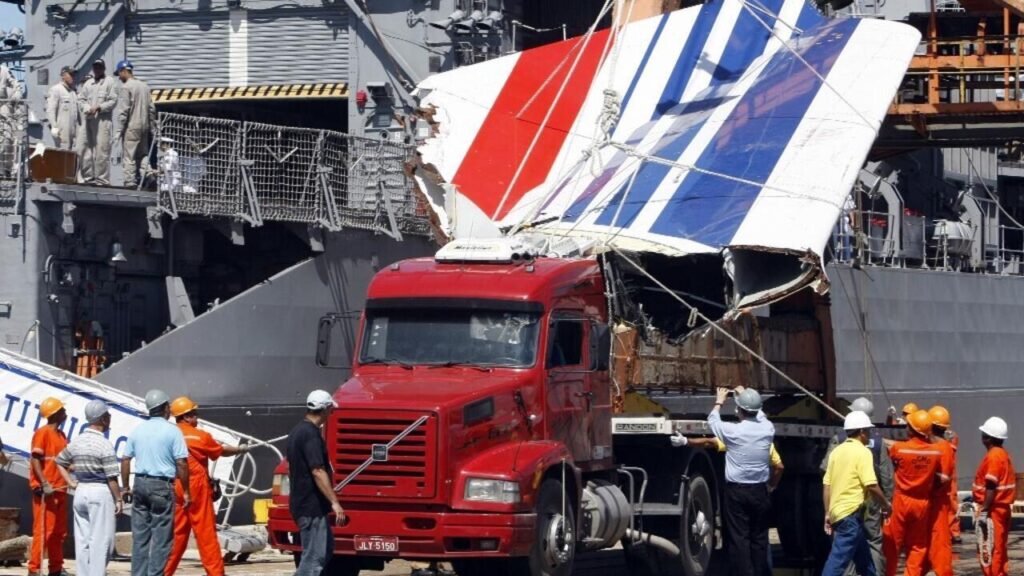The appeals trial of Air France and Airbus opened on Monday in Paris, revisiting the 2009 tragedy of Flight AF447, which remains the deadliest disaster in the French airline’s history. The crash claimed the lives of all 228 people on board 216 passengers and 12 crew when the Airbus A330 plunged into the Atlantic Ocean during a flight from Rio de Janeiro to Paris.
The fatal incident on June 1, 2009, was caused after pitot tubes, crucial instruments measuring airspeed, froze during a storm. This triggered cockpit alarms and disengaged the autopilot. Investigations revealed that the pilots, facing conflicting data at high altitude, placed the aircraft into a climb that caused a fatal aerodynamic stall.
Both Air France and Airbus were acquitted of involuntary manslaughter in 2022. While the court acknowledged “acts of imprudence or negligence” by both companies including Airbus failing to replace the faulty pitot tubes and Air France’s limited communication to pilots it concluded there was insufficient proof directly linking these shortcomings to the accident.
Families of victims, however, strongly disagree. Lawyers argue that both companies knew of the pitot tube problems before the crash but failed to act adequately, leaving pilots unprepared for such an emergency. Daniele Lamy, head of the victims’ association, expressed anger over the earlier acquittal, saying families felt “disgusted” by the lack of accountability.
The case remains deeply emotional. The black box recorders, critical to understanding the crash, were only recovered two years later from nearly 4,000 meters beneath the ocean’s surface.
As the appeals trial runs until November 27, families of the 72 French and 58 Brazilian victims — alongside many others — are watching closely, seeking justice after more than 15 years of grief and unanswered questions.

